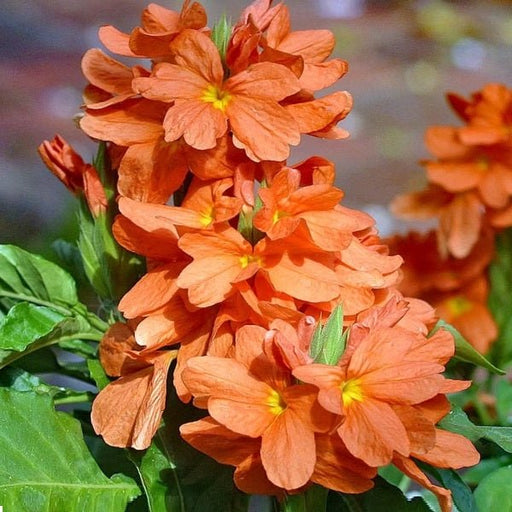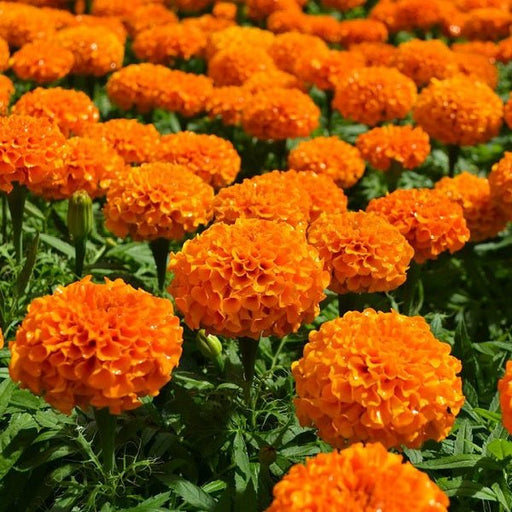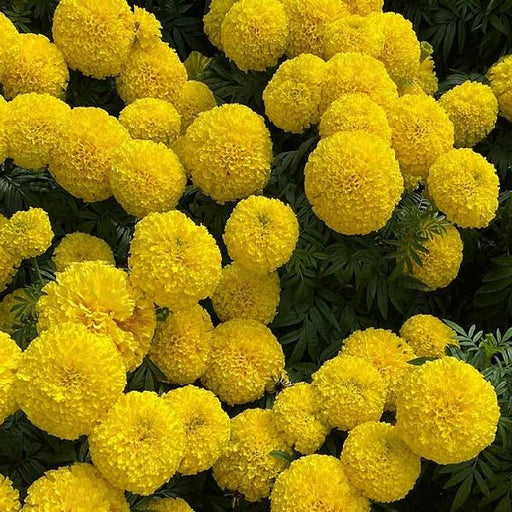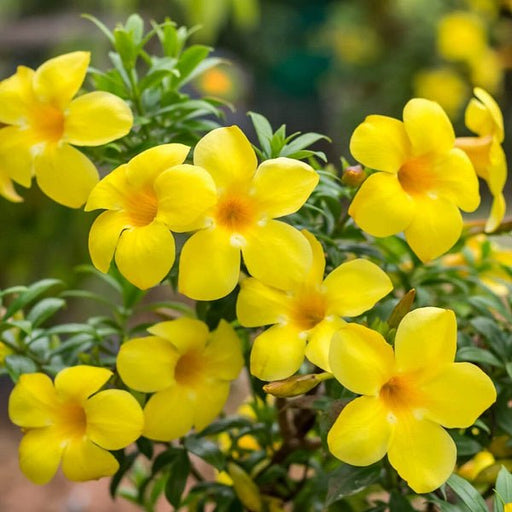
Parijat Tree, Parijatak, Night Flowering Jasmine - Plant
Synonyms: Parijat Tree, Nyctanthes arbor-tristis, Night-Flowering Jasmine
Product Highlights:- Exquisite and fragrant flowering tree
- Small, white, star-shaped blooms that open at night
- Perfect for creating a garden oasis with its captivating nighttime fragrance
- Low maintenance and a symbol of grace, beauty, and mystical charm













